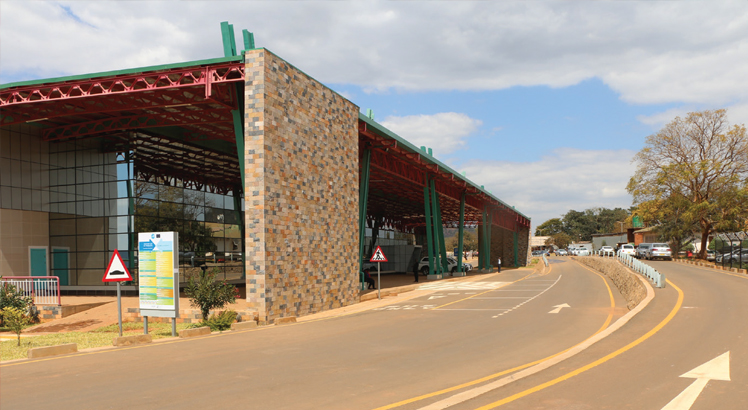Agriculture commercialization faces investment hurdles
A working paper on Agribusiness Investment in Agricultural Commercialisation: Rethinking Policy Incentives in Africa, suggests that agriculture investment in Malawi is being hampered by poor infrastructure, bureaucratic delays and arbitrariness, difficulties in accessing land and land conflicts, as well as difficulties in accessing finance.
The paper, published by Agricultural Policy Research in Africa (Apra), co-authored in Malawi by governance expert Henry Chingaipe, explores the motivations of business investment, the effectiveness of government and donor policy incentives, and the relevance of these incentives for four different commercialization pathways.

It covers Ethiopia, Malawi, and Ghana.
According to the report, in Malawi—a country with a relatively volatile investment environment and low agricultural productivity growth, companies involved in the study complained that regular electricity cuts force them to work below capacity.
It reads: “In Ethiopia and Malawi, business leaders also complained about policy contradictions. For instance, while the Malawi National Export Strategy encourages the production of crops such as rice and legumes for export, legislation on the Control of Goods allows the government to ban these exports at any time, leading to uncertainty that discourages investment.
“These contradictions reflect both political considerations and conflicting policy goals.”
On a positive note, the paper states that companies such as CDC Rice in Malawi have benefited from duty-free imports of processing and irrigation equipment, and have admitted that without tax incentives, it would not have purchased the machines and equipment at the time they did.
“However, this case also highlights the lack of transparency and arbitrary decision-making sometimes associated with fiscal incentives. To claim these benefits, CDC Rice had to rely on support from the MITC, due to a lack of transparency on approval procedures, which led to stock initially being held by the revenue authority, delaying operations.
“Eventually, after a protracted battle with the authorities and petition directly to the president, the exemption was granted. Other less well- resourced companies are likely to give up or be denied approval under such circumstances.”
Further, efforts of investment promotion by the Malawi Investsment Trade Centre (MITC) to support and speed investment are in tension with challenges posed in land acquisition, with CDA Fruit being a case in point.
“The company benefited from government support to overcome trade barriers, plus facilitation by the MITC to acquire export status. This status qualified the company for duty-free imports of vital but specialist packaging materials, as well as machinery and irrigation
equipment to accelerate production.
“Without these, the company says, there would have been significant restrictions around the development of the farms and factory. However, three years after the initial investment, business expansion was severely affected by land conflicts,” it adds.
The working paper then urged governments to severely restrict fiscal incentives, make import duty exemptions more transparent and predictable, take measures to ensure that tax privileges are not abused, but also broaden impact of investment promotion.
“Finally, to be effective, the increasing political commitment for agribusiness development will need to go beyond policy statements and appropriate incentive packages.
“It will need to be supported by well resourced and coordinated institutions that are able to align these policy incentives with national visions for agricultural transformation, balancing the competing demands on agriculture as an engine of growth and source of domestic food and nutrition security,” it suggests.
In the provisional budget, Finance Minister Felix Mlusu did not talk about commercialization of agriculture in detail, but stated that government has allocated resources for Admarc to purchase maize and other farm produce.





